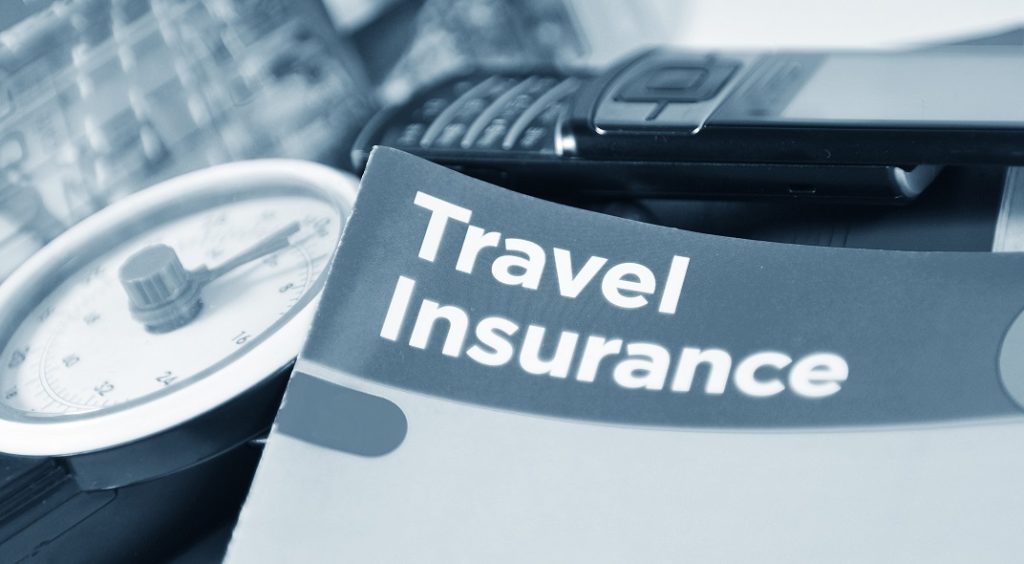Happy travellers are healthy people: there is no doubt that holidays are beneficial for mind and body alike. Yet even on the most paradisiacal of island destinations, you may only be a slip, trip or a stumble away from an unwelcome visit to the doctor.
No one is guaranteed a hassle-free holiday – but we can all take action to give ourselves peace of mind. Allow us to share our advice on essential travel insurance to avoid expensive medical bills and unexpected costs on your holiday.
We sincerely hope you will never have to make a claim – but we are certain you’ll be glad of your insurance if the need arises. Anyone travelling abroad, be it a student, senior citizen, tourist, or a business traveller will require travel insurance. You can purchase Jubilee General Insurance policy online or conventionally depending on the preferred method.
Before purchasing a travel insurance policy for your upcoming travel, ensure that it covers international medical emergency costs. Carefully check the list of network hospitals, toll-free numbers, and person to contact in case of an emergency. Travel insurance is an important travel necessity for individuals and families.
Travel insurance is ultimately a legal contract created by lawyers and you should spend the time to read the fine print and description of coverage (policy wording) thoroughly and ask questions if you don’t understand what you’re covered for.
Here we outline simply what each major part actually does and what cost do be need to cover to travel:
1. Medical Emergencies & Evacuation
As mentioned above, if there is one reason to buy travel insurance, this is it.
Clinic expenses can approach $10,000 every day, while crisis transport home for treatment. Certainly set aside the effort to peruse this part in detail, particularly the territories of spread for crisis departure, restrains on therapeutic costs and spread for crisis dental work. Likewise make cautious note of the general prohibitions, which are laid out in the portrayal of inclusion (see policy wording). Jubilee General Insurance has obviously characterized every one of the issues in regards to therapeutic inclusion in their policy.
2. Trip cancellation
This spreads you for expenses in the event that you all of a sudden discover you can’t go on your excursion due to some unanticipated reason, for example, ailment, a mishap or a passing off of a relative. The significant thing to recollect here is that for this area to be helpful, you need to purchase travel protection when you begin booking tickets and not the prior week you leave.
Not all travel insurance plans cover cancellation, and only some cover your non-refundable, pre-booked costs if your trip is interrupted after you’ve left home, so please read the description of coverage (policy wording) of Jubilee Travel insurance relevant to you carefully.
3. Baggage & personal belongings
While the loss of your personal belongings is often the main reason most people buy travel insurance, it is arguably the least important: your things can be replaced but your health often can’t. Jubilee Travel Insurance emphasize that you to take ‘reasonable care’ of your belongings which means a claim may be denied if you leave your camera in a shared room in a hostel or in your car overnight (unsupervised in a public place) and it’s stolen.
If you are taking your laptop, camera and other valuables with you, some of our travel insurance plans allow you to specify these items to cover their higher value. Check Jubilee travel policy benefits and description of coverage (policy wording) carefully for the limits on this cover and exclusions, particularly for cash, high value items and sporting equipment.
4. Personal liability
First off this is not insurance for liability while you are driving car. If you are involved in an accident or accidentally cause damage and are held accountable for it, Jubilee travel insurance can cover your liability and legal expenses. Once again not all insurers offer this type of cover so please read the description of coverage relevant to you.
5. Coming home early & resuming your trip
Travel insurance usually ends the minute you arrive home, so if you have bought a policy for 12 months and come home after 4 months, you aren’t entitled to a refund on the ‘unused’ portion. For some of our policies, you can resume your trip on the same policy; you just won’t be covered for the time you’re at home. Read the description of coverage (policy wording) and look at the clauses for period of cover and the terms “medical evacuation”, “trip interruption” or “curtailment” for details on when you may be covered for expenses if you have to return home early (always read the exclusions not covered, carefully).
Travel insurance benefits and terms are easily understandable. For instance, say you might have to suddenly return to deal with a potential emergency back home. In such a case, you’d probably be better served by a higher-cost plan with built-in cancellation coverage. If you feel the default health insurance coverage is insufficient or the medical deductibles are too high, you could upgrade for more protection.
These seemingly minor changes make a huge difference. Reading the terms and conditions each policy includes before choosing is a great way to carry out a price-aware comparison and enjoy a successful trip. Always remember that it’s better to talk about it to someone who knows it to make your trip stress-free and sound.



